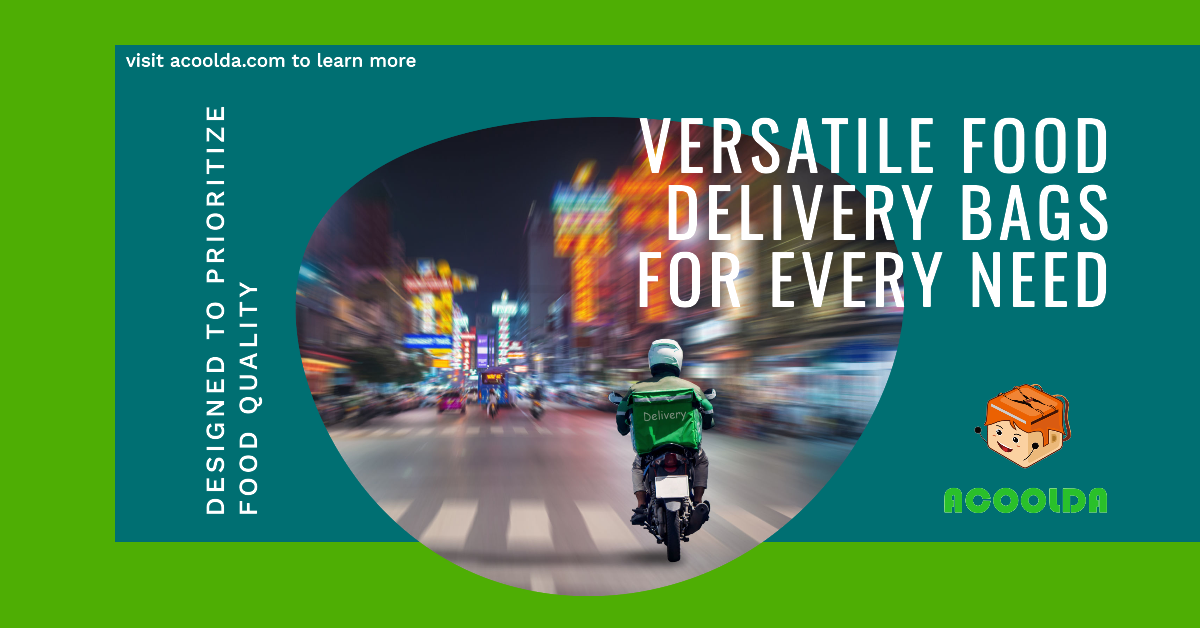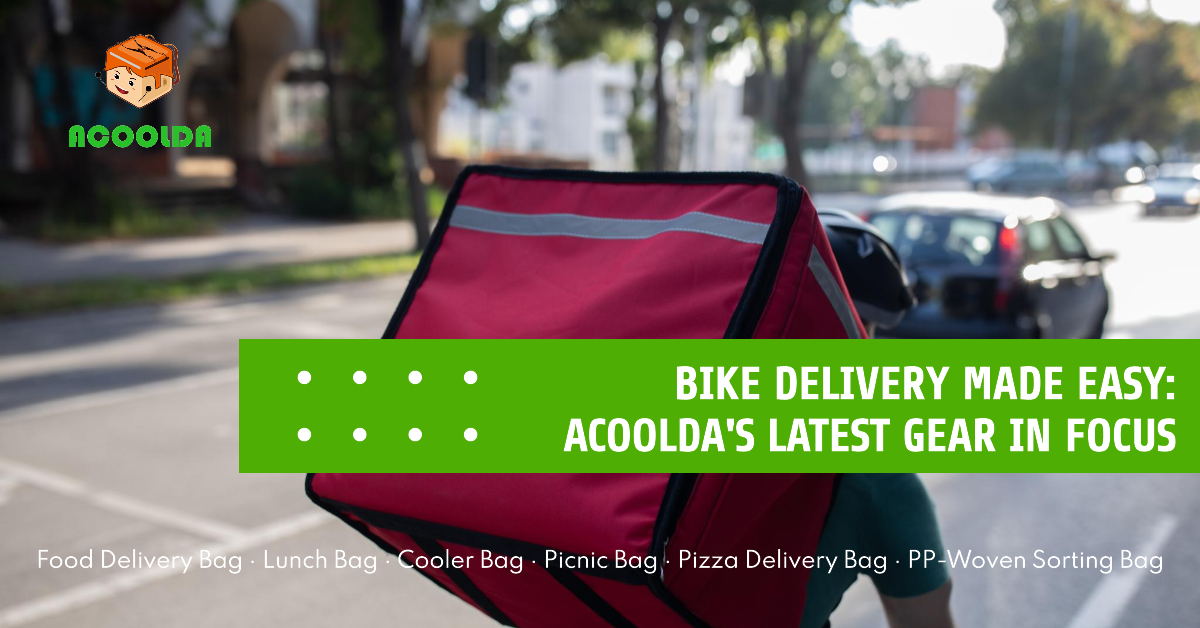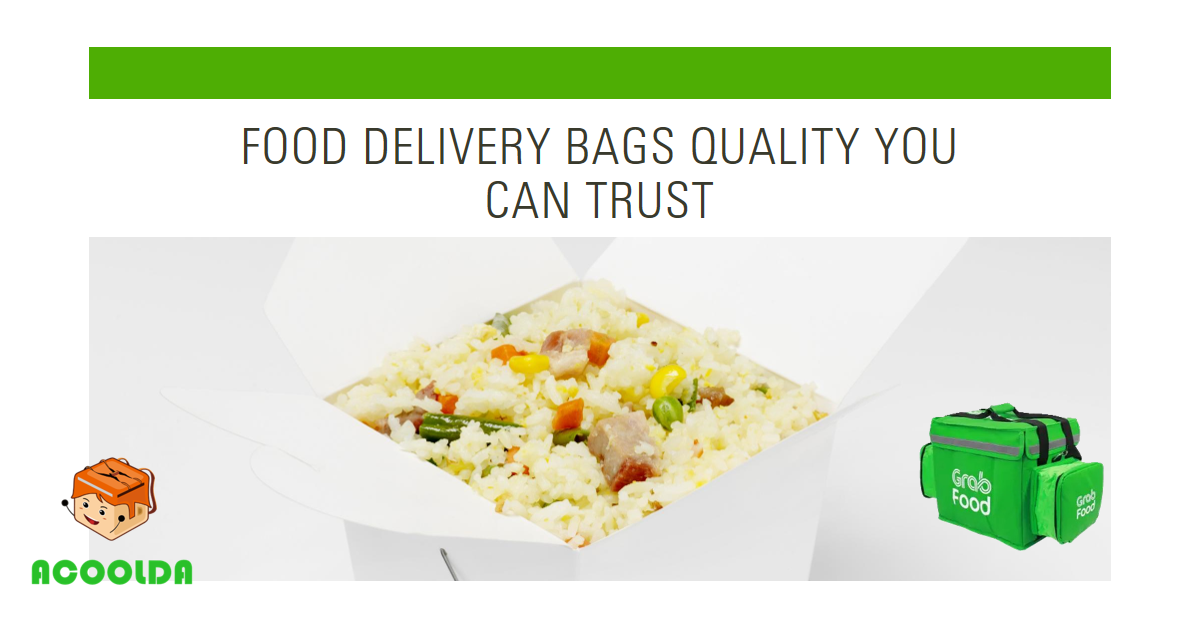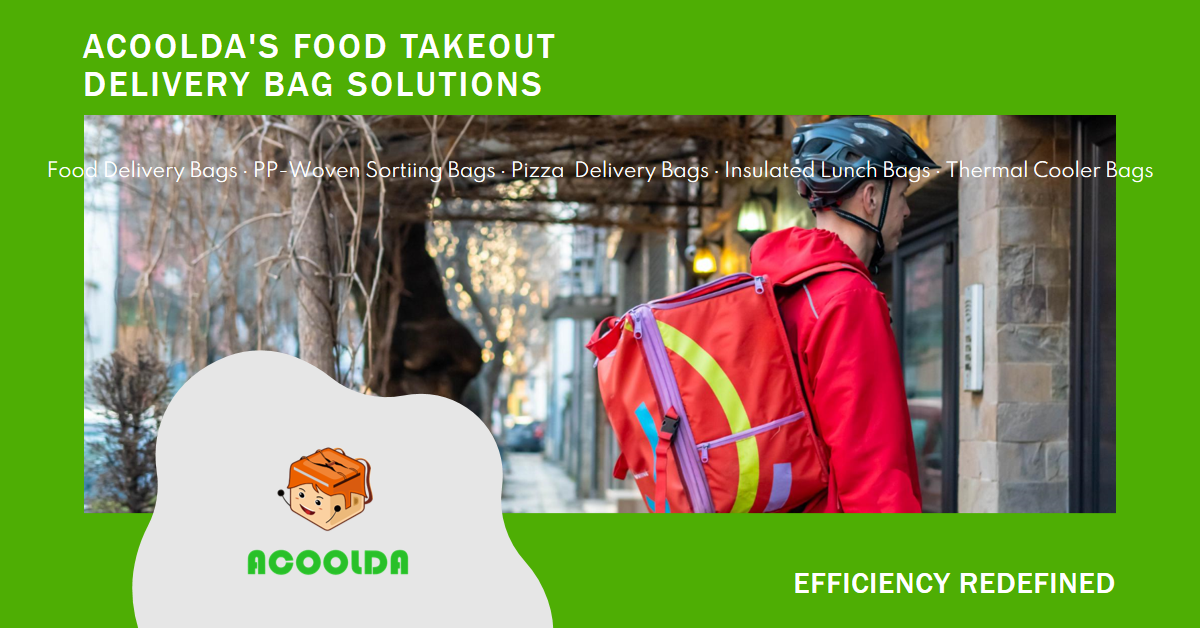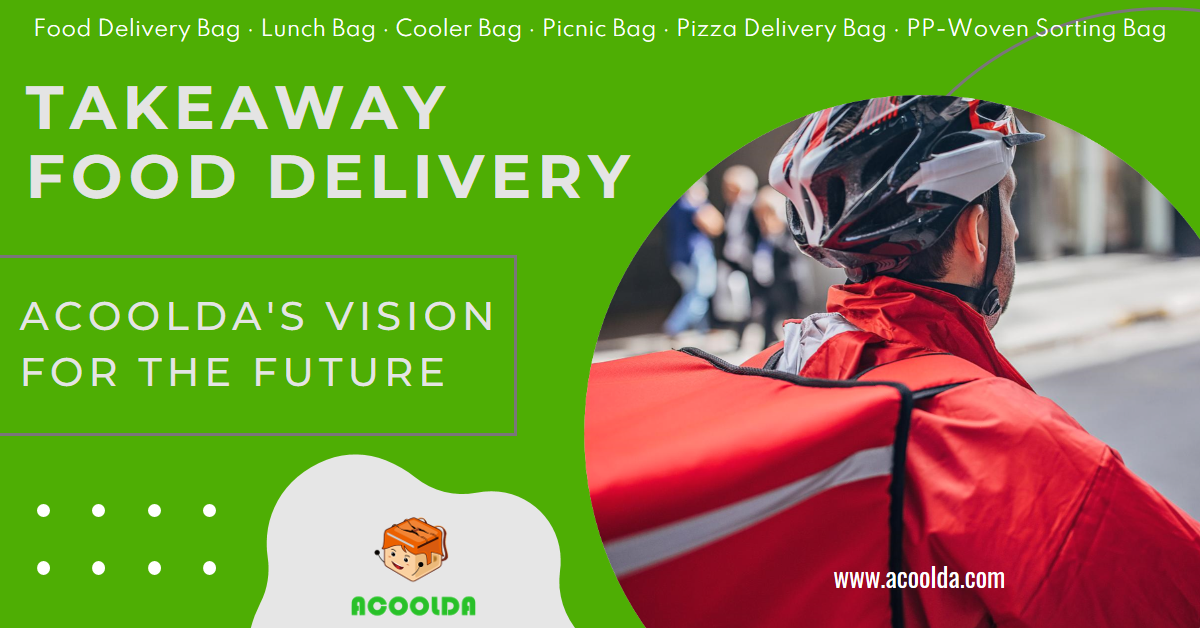0102030405
The price has doubled, and a 10p plastic bag fee will be introduced this week
2021-05-20
Due to checked baggage charges, the average person in England now only buys four one-time checked bags from major supermarkets per year, compared with 140 in 2014. By extending the charge to all retailers, it is expected that the number of disposable travel bags for small and medium-sized enterprises will be reduced by 70-80%. Urge small businesses in the Northwest to prepare for the changes before they take effect on May 21. It coincides with the research finding that this fee has received overwhelming support from the public-95% of people in England acknowledge the wide-ranging benefits to the environment so far. Environment Minister Rebecca Pow said: "The implementation of the 5-pence fee has been a great success, and the sales of harmful plastic bags in supermarkets have fallen by 95%. "We know that we must go further to protect our natural environment and oceans, which is why we are now extending this fee to all businesses. "I urge retailers of all sizes to ensure that they are prepared to respond to changes because we will work together to achieve a greener environment and strengthen our world-leading actions in combating the scourge of plastic waste." James Lowman, Chief Executive Officer of the Convenience Store Association, said: "We welcome the inclusion of local stores and other small businesses in a successful plastic bag charging scheme, which is not only good for the environment, but also a way for retailers to raise funds. Good way local and national charities." Uber Eats UK general manager Sunjiv Shah said: "We want to make it as easy as possible for companies to dispose of plastic waste and support good causes. Everyone can help protect the environment by reducing the use of disposable plastic bags." A recent report released by the charity WRAP found that people's attitudes towards plastic bags have changed since the first allegations. . When the fee was first proposed, nearly seven in ten (69%) people “strongly” or “slightly” agreed with the fee, and it has now increased to 73%. . Customers are changing the habit of using long-life bags made of more sustainable and environmentally friendly materials. Of the people surveyed, two-thirds (67%) said that they used the "bag of life" (fabric or more durable plastic) to take their shopping home, to a large food store, and only 14% of people use disposable bags. . Only a quarter (26%) of people buy bags from start to finish when working as a food store, and 4% of them said they "always" do so. This is a sharp drop since the implementation of the fee in 2014, when more than twice as many respondents (57%) said they wanted to remove plastic bags from plastic bags. At the same time, more than half (54%) said they took less luggage from the warehouse. . Nearly half (49%) of 18-34 year-olds say they buy handbags at least at some point, while more than one-tenth (11%) of people over 55 will buy . Since the implementation of this fee, the retailer has donated more than £150 million to charity, voluntary service, environmental and health sector charities. This move will help Britain recover from the pandemic better and more environmentally friendly, and strengthen our global leadership in tackling climate change and plastic pollution. As the host of COP26 this year, the chairman of the Group of Seven (G7) and a major participant of CBD COP15, we are leading the international climate change agenda. In the fight against plastic pollution, the government has banned the use of microbeads in rinsed personal care products and has banned the supply of plastic straws, blenders and cotton swabs in England. From April 2022, the world's leading plastic packaging tax will be imposed on products that do not have at least 30% recycled content, and the government is currently consulting on a landmark reform that will introduce a deposit return plan for beverage containers and The producer’s extended producer responsibility. package.




